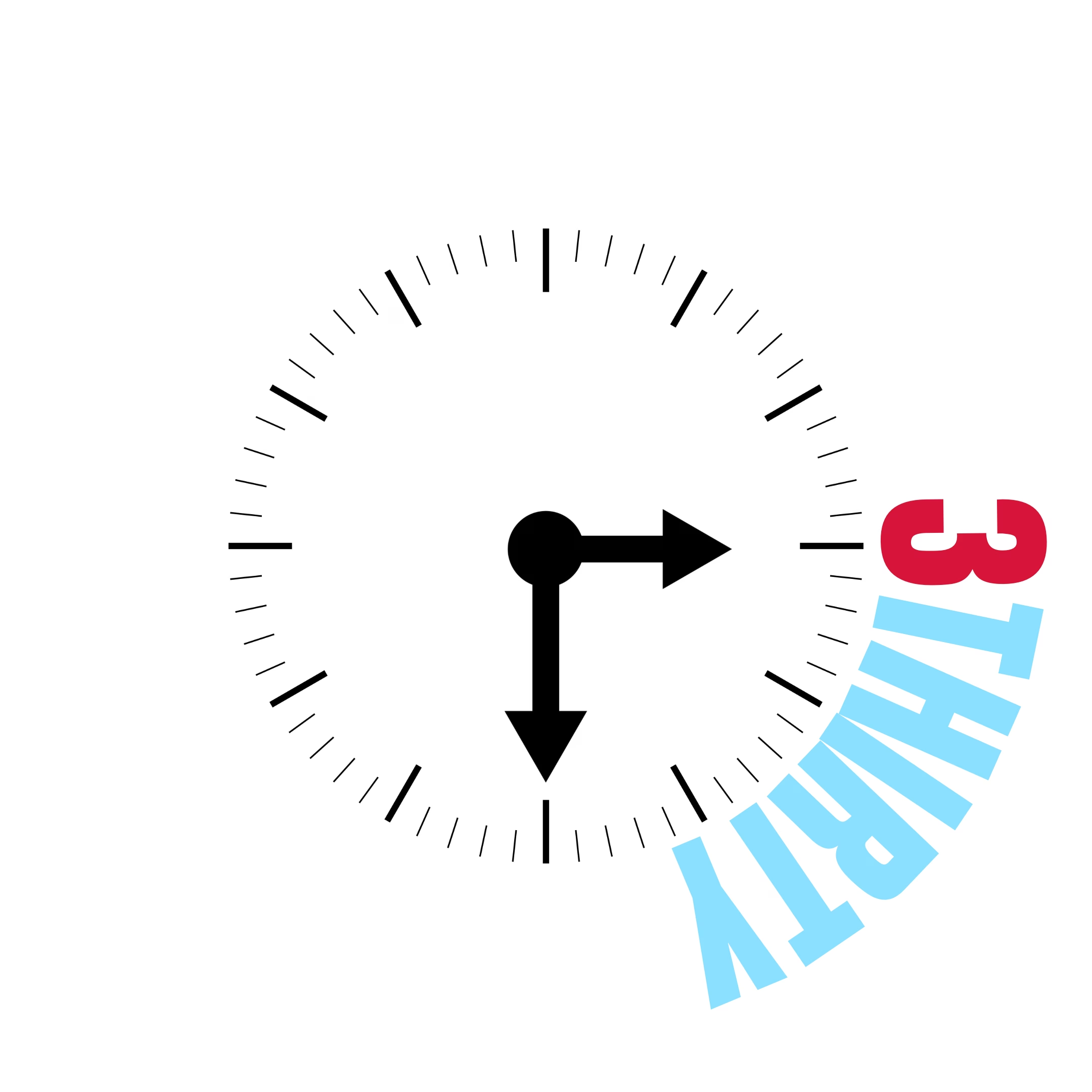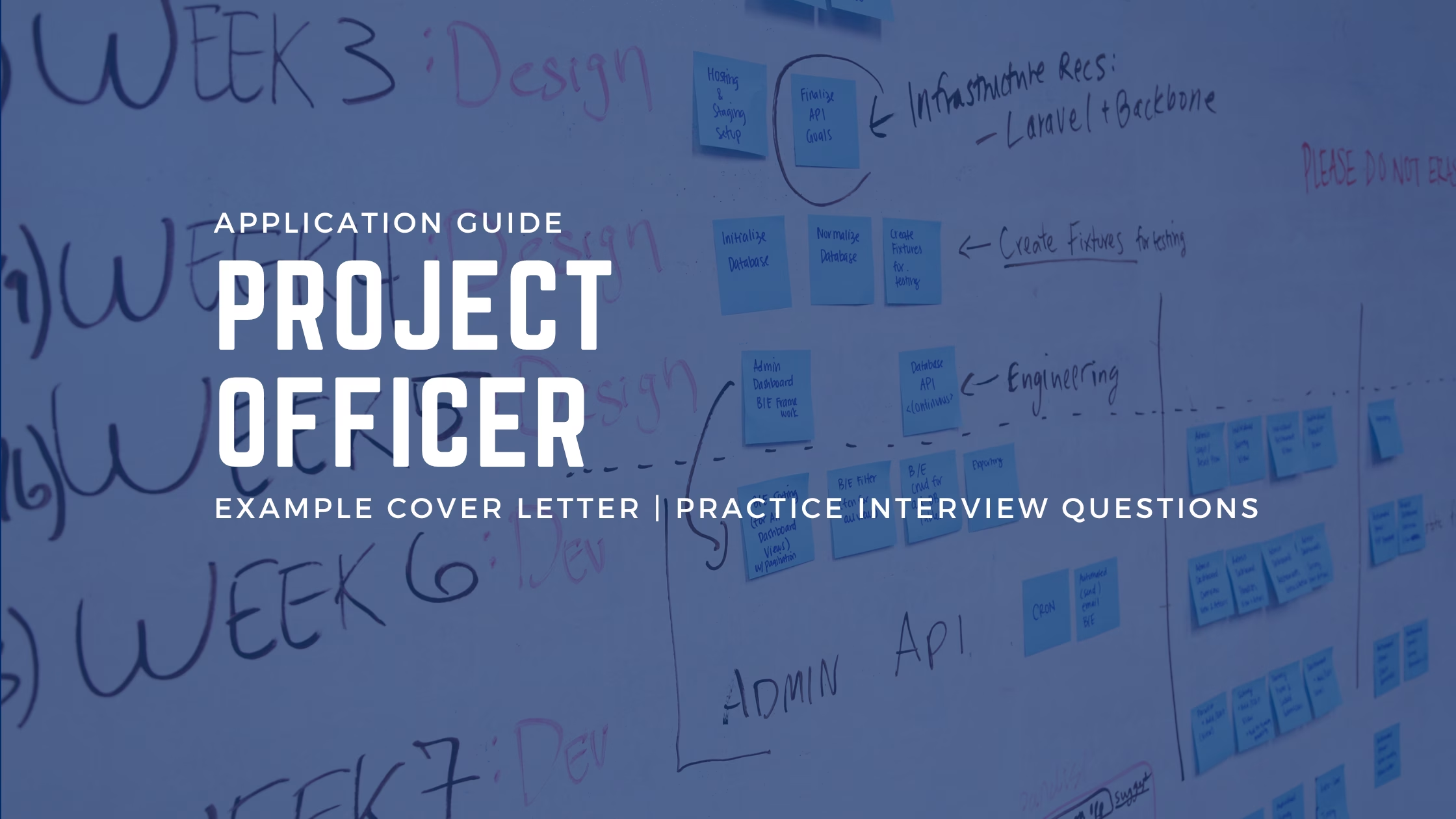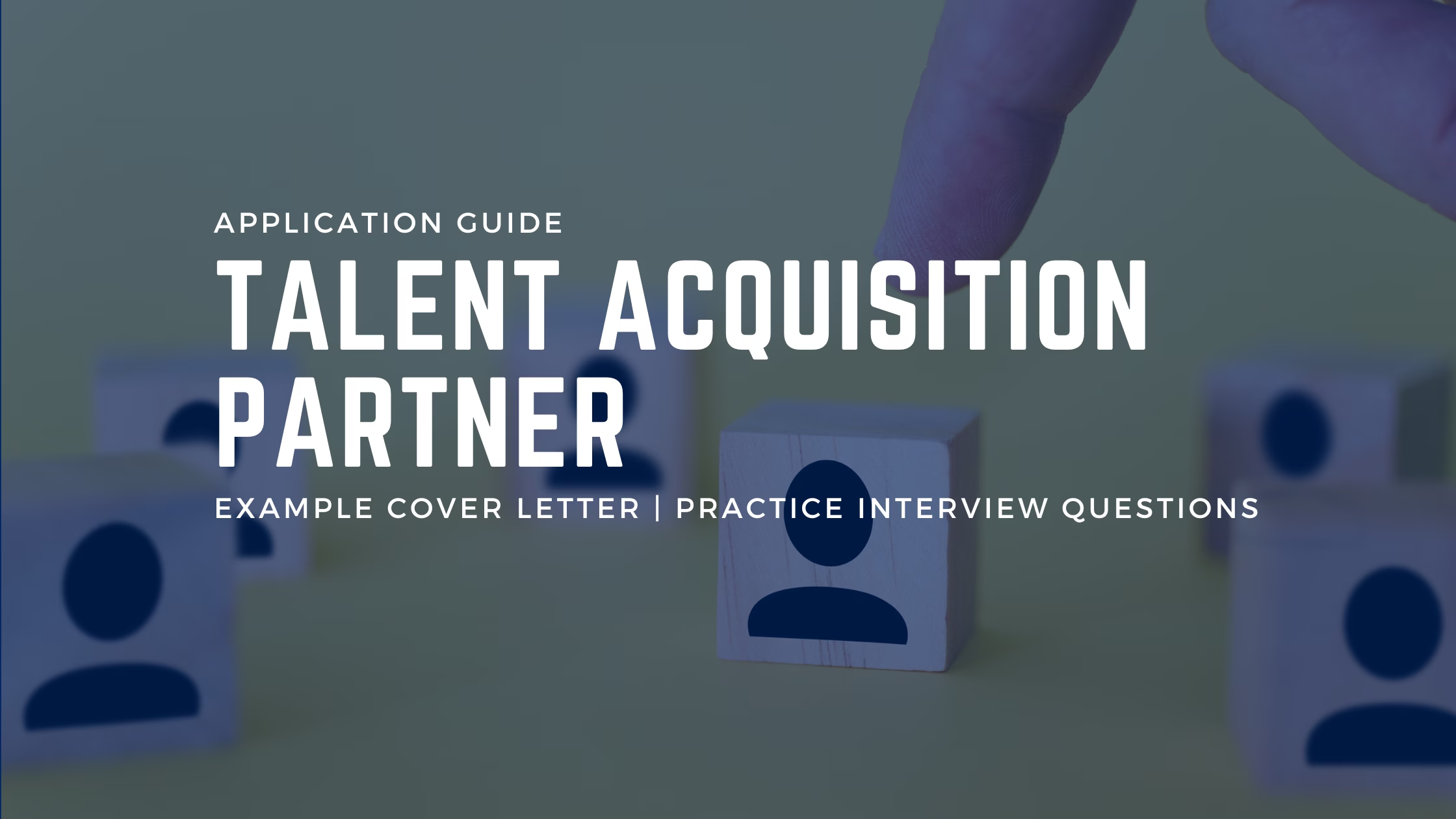Are you passionate about project management and ready to make a real impact on public education in New South Wales?
In this role as a Government Project Officer you’ll have the opportunity to shape curriculum strategies, collaborate with diverse teams, and influence key initiatives that affect students and teachers across the state. With multiple ongoing and temporary roles available, this position is ideally suited for individuals seeking a rewarding government job particularly if you have prior project work experience.
Before diving into the details of this role, it’s important to note the substantial variety of projects you may undertake: from policy reform to the development of new educational frameworks. This offers a fascinating chance to harness your project management skills while supporting the Department of Education’s commitment to creating inclusive, high-quality public education in NSW.
If you’re keen to learn how to apply effectively, craft the perfect cover letter, and stand out in public sector recruitment, read on.
In this competitive job market, having an attention-grabbing written application is crucial. Many candidates have the required qualifications, but few can pinpoint the exact focus capabilities and demonstrate them convincingly in their resume and government cover letter. This article details exactly what you need for a strong public sector application and also provides you with a fully tailored example cover letter and insights into preparing for a public sector interview using the STAR Method.
If you’re new to public sector recruitment, you need to know that the cover letter can be the most important part of your application. You can find a range of government cover letter help right here, including examples and templates to get you started.
Table of Contents
Department Of Education Policy And Project Officer Salary and Overview
| Position Title | Policy & Project Officers (CL 7/8) |
| Organisation/Entity | Department of Education |
| Job Location | Parramatta, Sydney Region / Statewide |
| Work Type | Full-Time (Ongoing & Temporary) |
| Base Pay | $110,266 – $122,058 + super & annual leave loading |
| Closing Date | 13/04/2025 – 11:59 PM |
Serving as a Government Project Officer, you will handle policy and project responsibilities that support the NSW Department of Education’s Curriculum Directorate. Whether it’s a specialised policy reform or a large-scale programme management initiative, these roles require strong project management capabilities. You’ll join an environment where your analytical skills, stakeholder engagement, and ability to navigate complex government frameworks will be put to the test—and rewarded.
Most importantly, note that there multiple vacancies available. Some roles are government project officers, other are policy officers. You can apply for both roles with a single application. Plus, you can also separately apply for Senior Project Officer and Senior Policy Officer roles also being recruited. You can find links to these job ads here to apply:
- NSW Department of Education Policy and Project Officer
- NSW Department of Education Senior Policy and Project Officer
Overview of The Department Of Education Project Officer Role
The NSW Department of Education aims to create and inspire lifelong learners, ensuring students across diverse backgrounds receive quality education. Within the Curriculum Directorate, these Policy & Project Officer roles place you at the heart of strategic educational planning. You’ll work to develop, implement, and evaluate both policy and project initiatives that can significantly influence public education outcomes. In this project roles experience with government processes, project management officer (PMO) settings, or programme management will be advantageous.
The Project Officer plays an important role in supporting the successful delivery of key projects within the Department. This role is responsible for assisting the team with project planning, financial tracking, correspondence, and stakeholder communication. The Project Officer also helps develop and implement innovative solutions that contribute to the Department’s strategic priorities. A key focus of the role is providing practical support across all stages of project delivery, including coordinating resources, maintaining project schedules, and ensuring progress is effectively monitored and reported.
In this role, the Project Officer applies evidence-based project management techniques to support complex projects in an adaptive and efficient way. They assist with research and analysis to inform project planning and decision-making, help develop tools for ongoing project evaluation, and maintain project administration protocols. The Project Officer also supports governance and compliance requirements, monitors risks, and communicates regularly with stakeholders to ensure project objectives, milestones, and outcomes are met.
Who Should Apply For Project Officer Roles
A strong candidate for this Project Officer role is someone who is highly organised, detail-oriented, and capable of working across multiple priorities in a fast-paced environment. They will have experience supporting the delivery of projects, ideally within a government or large organisational setting, and understand the importance of meeting deadlines, managing resources, and adhering to governance requirements.
The ideal applicant will have well-developed communication and stakeholder engagement skills, with the ability to build positive relationships and keep teams and stakeholders informed throughout the life of a project. They will bring experience in project administration, including tracking project progress, preparing reports, and supporting risk management processes. A background in research, data analysis, or policy development will also be beneficial, along with the ability to apply project management methodologies to achieve practical outcomes. Strong skills in problem-solving, attention to detail, and a proactive approach to supporting team objectives will set a candidate up for success in this role.
Challenges for Policy & Project Officers
Stepping into a policy or project management role in a large public entity often comes with unique demands. You will be expected to manage tight deadlines, oversee multiple initiatives concurrently, and interpret complex information. Effective stakeholder engagement is also crucial—both within the department and with external community groups. The Department’s commitment to Aboriginal Education Policy and supporting culturally diverse communities means you’ll be collaborating with various teams to ensure inclusivity and effectiveness of policies. For many candidates, mastering these challenges can require strong data analysis skills and a readiness to adapt in a rapidly changing environment.
Why Policy & Project Officer is a Great Opportunity
A career as a Policy & Project Officer for the NSW Department of Education offers growth in project management, policy creation, and public sector leadership. You’ll gain access to:
- Competitive salary packaging and a 35-hour work week
- Flexible leave options and the possibility of negotiated working arrangements
- Real impact on the quality of public education for learners across NSW
This role is a fantastic opportunity for anyone looking to step into the public sector or take the next step in their career. There are multiple temporary and ongoing vacancies available at the Clerk Grade 7/8 level, including both Policy Officer and Project Officer positions. In addition, a recruitment pool will be created to fill future roles within the Teaching, Learning and Student Wellbeing directorate. This means that with a single application, you’ll be considered not only for the current vacancies but also for any similar roles that become available over the next 18 months.
If you’ve been thinking about securing a project or policy role in government, this is one of the best chances you’ll get. It’s worth taking the time to prepare a strong application—particularly your cover letter, which will play a key role in whether you’re shortlisted. To help you put your best foot forward, you can access a free cover letter template and even get a professional review from a government hiring manager.
Application Requirements for Policy & Project Officers
Policy & Project Officers Application Process
To apply for a Government Project Officer role with the Department of Education, you will need to prepare:
- a resume (maximum 5 pages)
- a cover letter (maximum 2 pages)
Your cover letter should demonstrate your alignment with the role’s specific demands—highlighting relevant experience, how you meet the essential role requirements, and the role’s focus capabilities.
What to Include in Your Government Cover Letter
In your public sector cover letter, make sure you clearly address the essential role requirements:
- A current and valid Working with Children Check (WWCC) for paid employment.
- Demonstrated understanding of and commitment to public education in NSW.
- Knowledge of Aboriginal Education Policy and willingness to uphold the Department’s Partnership Agreement with the NSW AECG (Aboriginal Education Consultative Group).
You will also need to include evidence (through STAR formatted examples) that you have the following skills from the About You section of the job ad:
- Strong analytical skills with the ability to interpret complex information
- Excellent written and verbal communication skills for effective stakeholder engagement
- Demonstrated ability to manage multiple projects and meet deadlines
- Proficient in data analysis and reporting tools to support decision-making
- Collaborative mindset with a track record of working effectively in teams
- Adaptable and open to new ideas and processes in a fast-paced environment
Understanding and Addressing Focus Capabilities
The Department of Education’s Policy & Project Officer roles have Focus Capabilities. These capabilities align with the broader NSW Capability Framework. Each capability outlines specific behavioural indicators that are required in the role. Below are the focus capabilities required for the project officer job.
| Focus Capability (Level) | Behavioural Indicators |
|---|---|
| Act with Integrity (Adept) | Represent the organisation in an honest, ethical and professional way and encourage others to do so Act professionally and support a culture of integrity Identify and explain ethical issues and set an example for others to follow Ensure that others are aware of and understand the legislation and policy framework within which they operate Act to prevent and report misconduct and illegal and inappropriate behaviour |
| Communicate Effectively (Adept) | Tailor communication to diverse audiences Clearly explain complex concepts and arguments to individuals and groups Create opportunities for others to be heard, listen attentively and encourage them to express their views Share information across teams and units to enable informed decision making Write fluently in plain English and in a range of styles and formats Use contemporary communication channels to share information, engage and interact with diverse audiences |
| Work Collaboratively (Adept) | Encourage a culture that recognises the value of collaboration Build cooperation and overcome barriers to information sharing and communication across teams and units Share lessons learned across teams and units Identify opportunities to leverage the strengths of others to solve issues and develop better processes and approaches to work Actively use collaboration tools, including digital technologies, to engage diverse audiences in solving problems and improving services |
| Deliver Results (Adept) | Use own and others’ expertise to achieve outcomes, and take responsibility for delivering intended outcomes Make sure staff understand expected goals and acknowledge staff success in achieving these Identify resource needs and ensure goals are achieved within set budgets and deadlines Use business data to evaluate outcomes and inform continuous improvement Identify priorities that need to change and ensure the allocation of resources meets new business needs Ensure that the financial implications of changed priorities are explicit and budgeted for |
| Think and Solve Problems (Adept) | Research and apply critical-thinking techniques in analysing information, identify interrelationships and make recommendations based on relevant evidence Anticipate, identify and address issues and potential problems that may have an impact on organisational objectives and the user experience Apply creative-thinking techniques to generate new ideas and options to address issues and improve the user experience Seek contributions and ideas from people with diverse backgrounds and experience Participate in and contribute to team or unit initiatives to resolve common issues or barriers to effectiveness Identify and share business process improvements to enhance effectiveness |
| Project Management (Adept) | Understand all components of the project management process, including the need to consider change management to realise business benefits Prepare clear project proposals and accurate estimates of required costs and resources Establish performance outcomes and measures for key project goals, and define monitoring, reporting and communication requirements Identify and evaluate risks associated with the project and develop mitigation strategies Identify and consult stakeholders to inform the project strategy Communicate the project’s objectives and its expected benefits Monitor the completion of project milestones against goals and take necessary action Evaluate progress and identify improvements to inform future projects |
You will notice that a lot of these overlap with the About You section from the job ad. For example, the focus capability Work Collaboratively is aligned to “Collaborative mindset with a track record of working effectively in teams“.
For this role, focus on the skills described in the About You section. If you need further ideas on what type of detail to include in your example, check out the focus capabilities.
NSW Government Project Officer Application Checklist
| Application Checklist – Project Officer Department Of Education NSW |
|---|
| Write and refine your cover letter using this free template |
| Check that you’ve addressed the essential role requirements and skills required from About You section |
| Get your cover letter reviewed (Only $29) |
| Submit your application before closing date |
Project Officer Candidate Profile
Jason is a recent graduate with a Bachelor of Business, where he focused on project management and public sector administration. During his final year, he worked closely with a small team of classmates on a major group project that involved developing a proposal to improve resource allocation for a local nonprofit organisation. In this project, Jason took the lead in coordinating weekly team meetings, setting timelines, and ensuring that each team member delivered their assigned research and analysis tasks. He was responsible for consolidating the team’s work into a clear, professional report and presenting the findings to university staff and external stakeholders.
Alongside his studies, Jason worked part-time as an administrative assistant at a small consultancy firm. In this role, he gained practical experience supporting project teams by preparing meeting agendas, coordinating project documentation, maintaining spreadsheets to track budgets and progress, and assisting with client communications. Through balancing his studies and part-time work, Jason developed strong organisational skills and an understanding of how project teams operate in real workplace settings. He is now eager to apply these skills in a government Project Officer role, where he can contribute to the delivery of meaningful projects and public services.
Example Cover Letter for Government Project Officer
Download our free public sector cover letter template to see how this structure looks in a professional Word document format.
Dear Hiring Manager,
I am writing to apply for the Project Officer role at the Department of Education.
I currently hold a valid Working with Children Check for paid employment, ensuring I meet the required compliance standards for working in public education. I also possess a strong understanding of and commitment to public education in NSW, gained through my university coursework and my time supporting educational initiatives at a local consultancy. My familiarity with the Aboriginal Education Policy and willingness to uphold the Department’s Partnership Agreement with the NSW AECG reflect my respect for cultural diversity and my dedication to fostering inclusive, collaborative learning environments.
During my part-time role as an administrative assistant at a small consultancy, I developed strong analytical skills by interpreting complex data sets for client satisfaction and budget forecasting. In this situation, I was tasked with providing clear, actionable insights for project leads (Task), so I employed advanced Excel functions to track and visualize trends (Action), which enabled the team to adjust resources and reduce overhead costs by 15% (Result). This experience strengthened my proficiency in data analysis and reporting tools to support decision-making and sharpened my demonstrated ability to manage multiple projects and meet deadlines, as I balanced these analytical responsibilities with other administrative tasks and client needs.
In a another example, I was entrusted with compiling performance metrics for several ongoing projects, each at different stages of completion (Situation). My task was to consolidate timelines, budget constraints, and quality measures into a single, cohesive tracking system (Task). By creating detailed Gantt charts and reporting templates (Action), I helped project managers identify under-resourced areas and realistic deadlines for deliverables, which enhanced cross-team efficiency and reduced the likelihood of delays (Result). Through these experiences, I have learned to interpret information quickly, prioritise effectively, and communicate progress in a way that supports sound decision-making.
In my final year of university, I led a group project that required me to communicate regularly with a local non-profit organisation, my classmates, and university supervisors. This setting allowed me to showcase my excellent written and verbal communication skills for effective stakeholder engagement by coordinating weekly check-ins, sending concise progress briefs, and facilitating discussions to gather diverse input (Situation and Task).
My role involved synthesising these findings (Action) by bringing together the research, ideas, and feedback from both my teammates and the non-profit organisation’s representatives. I took responsibility for drafting the final project proposal, ensuring that it was clear, well-structured, and aligned with the needs and priorities expressed by the stakeholders. This required me to translate complex discussions into concise recommendations and practical solutions, while also ensuring that the document reflected the contributions of the entire team. I also prepared and delivered a presentation to university staff and the non-profit’s leadership, clearly communicating our proposed approach and the evidence behind it. The positive feedback we received confirmed the project’s success (Result); the non-profit commented on the professionalism and relevance of our recommendations, and our university supervisors noted the clarity and thoroughness of our work.
Through this and other collaborative efforts, I demonstrated a collaborative mindset with a track record of working effectively in teams, often stepping in to organise tasks and timelines whenever the group needed direction. This experience also helped me remain adaptable and open to new ideas and processes in a fast-paced environment, as unexpected changes sometimes required quick recalibration of our approach.
I look forward to bringing these capabilities—analytical thinking, clear communication, project coordination, and collaboration—to the Department of Education.
Please find my résumé attached, and I hope to hear from you soon.
Yours sincerely,
Jason
Explain the STAR Technique
The STAR Method—Situation, Task, Action, Result—is a framework designed to help you provide structured, detailed examples of your professional experience. Hiring Managers in the NSW Public Sector look for concrete evidence that you can manage projects, solve complex problems, and work effectively as part of a team. By breaking down each scenario into clear, methodical parts, you show what you did and the scope and impact of your actions.
In the example cover letter above, each STAR segment shows how the candidate addresses challenges, engages with stakeholders, and delivers measurable outcomes. I’ve included labels like (Situation) and (Task) to illustrate how the STAR format works—these labels are for guidance only and should be removed when you write your final cover letter.
How to Prepare for a Project Officer Interview
When interviewing for a Government Project Officer position in the NSW Public Sector, the panel will focus on how well you can address the relevant focus capabilities. Here is a recommended approach:
- Review the Focus Capabilities – Consult the role description to identify the specific behaviours or competencies the panel will expect you to demonstrate.
- Brainstorm Examples – For each focus capability, think of real-life instances where you’ve excelled, be it managing multiple projects or fostering collaborative problem-solving.
- Match to Indicators – Link your stories to the behavioural indicators.
- Use the STAR Method – Structure your responses around Situation, Task, Action, and Result to stay concise yet detailed.
- Practise & Use Notes – If note usage is permitted, carry bullet points that remind you of your best examples. If not, rehearse extensively so you can articulate clearly without prompts.
Possible interview questions for a Government Project Officer might include:
- “Can you describe a situation where you managed multiple projects under tight deadlines?”
- “How do you ensure stakeholders remain engaged and supportive throughout a project’s lifecycle? Give us an example”
- “Tell me about a time when you needed to develop a project plan. How did you know what was in and out of scope?”
Note that for this role, the focus capabilities are all at the ADEPT level. You can download the Adept Level Public Sector Interview Questions and Answers Workbook for $29, which gives you example questions at the right level for every single capability.
Get Your Project Officer Application Ready
Click here to apply for these Policy & Project Officer positions, and ensure your application is received by the listed closing date.
Remember, the easiest way to significantly improve your chances in public sector recruitment is to have your cover letter reviewed for just $29. This affordable service can quickly boost your application’s clarity, coherence, and alignment with government job requirements.





